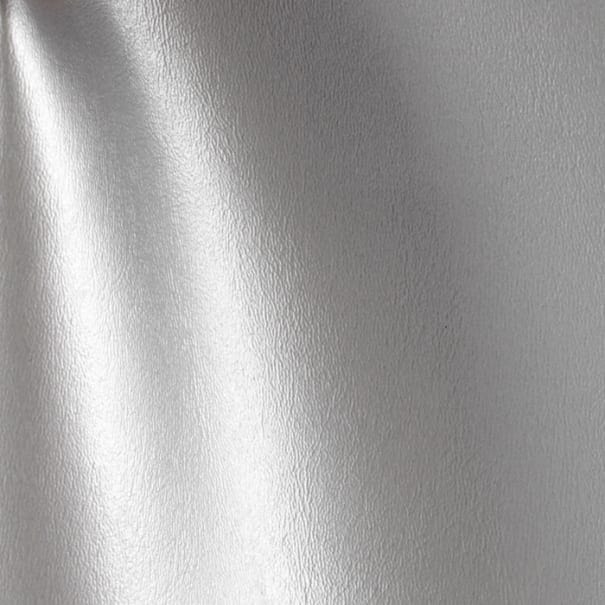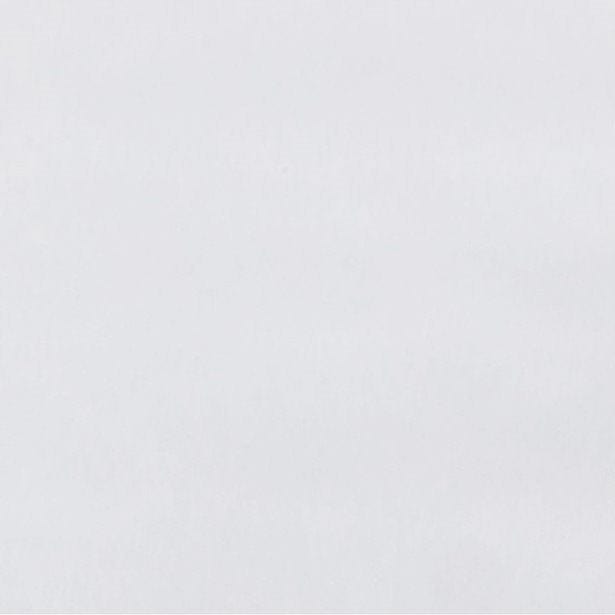Whether your state is in lockdown, easing restrictions, or has no restrictions, you are probably trying to find ways to entertain yourself during the Covid-19 outbreak. One of the more common ways is swimming, either at a public pool or a private backyard pool.
But is it safe to swim? Does the chlorine kill coronavirus? Is there anything else you need to do to protect yourself? We will answer these questions while providing you with basic information on the virus and ways to keep yourself safe.
Basics of Covid-19
By now you are probably well aware of Covid-19, or Coronavirus. It is the official name for the diseases causing the novel coronavirus outbreak, which is responsible for the 2020 pandemic. Some of the more common symptoms include:
- Fever
- Cough
- Loss of taste
- Loss of smell
- Fatigue
- Body aches
- Sore throat
- Diarrhea
- Nausea
- Vomiting
On average, symptoms appear two to 14 days after you are exposed to the virus.
Some people are at higher risk for severe illness if they get Covid-19. This includes older adults, people with underlying medical conditions, pregnant women, people who have suppressed immune systems, and those who are obese. If you are in the high-risk category, you should probably take more precautions.
Things that Help Prevent the Spread of Covid-19
Hand hygiene is one of the biggest ways to prevent the spread of Covid-19 according to the Center for Disease Control. This means washing your hands for at least 20 seconds with soap and water.
The next biggest way to prevent the spread is to wear masks. Masks are most needed when physical distancing is difficult or not possible. However, masks should not be worn in the water because they can be hard to breathe through when they are wet.
If you or a family member are sick, then stay home. The CDC recommends staying home for 14 days if you were recently exposed to Covid-19 or if you tested positive.
Protect Yourself While Visiting Beaches and Pools
When you need to get out of the house because quarantine has become too much, or you just need a little exercise, there are some things you can do to protect yourself.
When you are at a beach or pool, make sure to stay six feet away from people. Social distancing should be done whether you are in or out of the water.
Wear a mask when you are not swimming, or when you are not in the water. For example, if you are laying out on the beach you should be wearing a mask. If you head to the water for a swim, then it is okay to take your mask off. Of course, remember to maintain a physical distance from other people both in and out of the water.
Take hand sanitizer with you if you won’t be able to wash your hands often. Hand sanitizer is the next best thing if you cannot wash your hands with soap and water.
Now that you know how to protect yourself, let’s look at some common questions people have when it comes to visiting beaches and pools.
Does Chlorine Kill Coronavirus?
When it comes to swimming pools, the CDC says if the pool is properly maintained, then the chlorine should “inactivate” the virus. If the virus is “inactive” then it is not easily spread from person to person. The CDC also noted there is no evidence that coronavirus spread to people through pool water.

Chlorine can kill coronavirus on surfaces. Many cleaners contain chlorine to kill germs. Chlorine cleaners should only be used on hard surfaces, such as kitchen counters or doorknobs.
It is important to play it safe. If you happen to place your hand on the pool tile, then you should wash your hands right away. Chances are other people were touching the same pool tile and it may not be disinfected properly.
Are Public Pools Safe?
Even if Covid-19 is not spread through pool water, there is a good chance it can be spread in public pools in different ways. One of the most common ways coronavirus spreads is through the air. If you are less than six feet away from a person at a public pool, and not wearing a mask, then you could be at higher risk of contracting the virus.
There are also many hard surfaces in the pool area. These include ladders, stairs, swimming pool tiles, chairs, tables, and gates. If you touch an infected surface and then touch your face, there is a high chance you could contract coronavirus.
The easiest way to stay safe in a public pool is to maintain physical distance, wear your mask when you are not swimming, and wash your hands regularly.
Is Your Backyard Pool Safe?
If your backyard pool is relatively secluded, meaning you won’t come into contact with strangers, then it should be pretty safe when it comes to contracting Covid-19. Keep in mind, if you have friends or family over, it is important to keep your distance just in case they came into contact with someone who tested positive.

Is Sailing Safe?
There is nothing better than getting out of the house and onto the open water. Before you head out, check with your local county or city to see if they allow sailing during the pandemic. If they do allow it, make sure to sanitize high touch areas. Furthermore, don’t let anyone on your boat who has been sick.
Prepare for If Someone Gets Sick
If someone in your home does happen to catch Covid-19, it is important to have a plan in place. Create an emergency list of family, friends, and neighbors who may be able to help in case of emergency. Also, get the contact information of the local health department and other community resources. It is better to be prepared beforehand than trying to find information while you are sick.


























